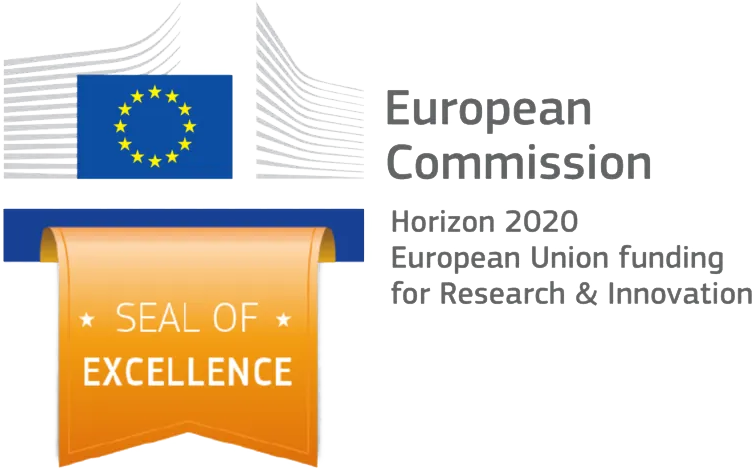World's NO.1 marketplace for Portugal National Team Men Tickets
Prices may be higher or lower than face value.
Mar
28
Sat
Estadio Azteca Mexico City
Ciudad de México, MX
281 tickets
from
Mar
31
Tue
Mercedes-Benz Stadium
Atlanta, US
20 tickets
from
Jun
17
Wed
Houston Stadium
Houston, US
1237 tickets
from
Jun
23
Tue
Houston Stadium
Houston, US
1850 tickets
from
Jun
27
Sat
Miami Stadium
Miami Gardens, US
1574 tickets
from
No
Date
Yet
Venue: To be decided later
Venue: To be decided later
8 tickets
from
No
Date
Yet
Various Venues World Cup 2026
Various, US
10 tickets
from
No
Date
Yet
Venue: To be decided later
Venue: To be decided later
No
Date
Yet
Venue: To be decided later
Venue: To be decided later
No
Date
Yet
Venue: To be decided later
Venue: To be decided later
No
Date
Yet
Venue: To be decided later
Venue: To be decided later
No
Date
Yet
Venue: To be decided later
Venue: To be decided later
End of Results








